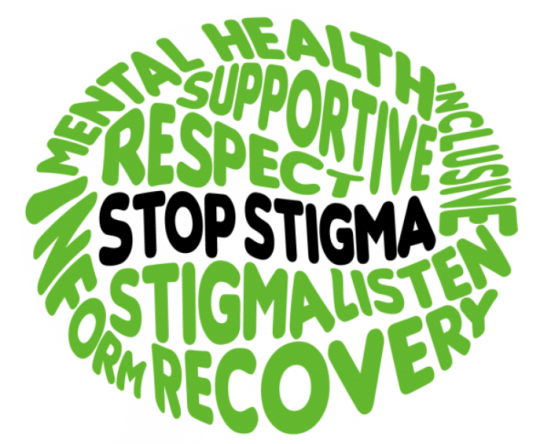[OPINION] Mental Illnesses: From Stigmatized to Glamourized

Image Source: Francisan Children’s
October 21, 2021
WARNING – This article touches upon sensitive topics such as depression, anorexia, and suicide. Read at your own risk.
In recent years, mental illness has become a popular topic that has taken on many forms in the media. As a society, we have all worked together to help break stigmas and encouraged people to seek professional help when needed. However, this spread of recognition is introducing a new set of problems that need to be confronted before they get out of hand and create new stigmas. Mental illness is being both glamourized and misrepresented in the media. Glamorizing mental illnesses are extremely harmful, especially to young impressionable teens.
Social media outlets like Tumblr, Instagram, Tiktok, and Twitter have become breeding grounds for where mental illnesses are often romanticized. Rola Jadayel and Karim Medlej from the University of Balamand investigated the effect that the glamorization and romanticization of mental illnesses have on mental health. The study was aimed to gather a perspective on teenagers and their experiences. “I thought anorexia was nice, so I wanted to be anorexic,” one participant said. “Depression was appealing to me because I exaggerated it on Tumblr. It took a few months before I sought help and got diagnosed and treated for depression,” a second participant said.
Romanticizing mental illnesses manipulates people into thinking that they’d become more desirable, and social media has only influenced that more. There is a disturbing culture on apps and blogs in which young teens are sharing messages which promote dangerous (and even deadly) behaviors. Some teens who have romanticized mental health disorders have shared Black-and-white images of self-harm scars overlaid with sensationalized quotes that only idolize suicide and depression more. One alarming image read “I think suicidal people are just angels who want to go home.”
Other pictures shared on social media include extremely skinny bodies under the name of “thinspo”, an abbreviation for the word “thin-spiration” that promotes anorexia. There are “pro-ana” websites in which publishers post extreme diet plans to help lose weight in unconventional ways such as self-starving.
When we share these images of self-harm, it might encourage others to view mental illness as something that is “tragically beautiful” when in reality, it’s not. These are serious and sensitive issues that should not be reduced to an aesthetic. However, people who are struggling with their mental health should still be supported and not be discriminated against. Mental health should always be a topic that is brought up to help others. It’s important to understand that there is always someone there to listen. So, if you’re struggling with an issue of your own, don’t be afraid to reach out to the school’s adjustment counselors, Mr. Kearney and Miss Lee, a trusted adult, or dial these hotlines for more resources.
Suicide Hotline – (800-273-8255)
Eating Disorder Hotline – (1-800-931-2237)
Mental Illness Hotline – (1-800-950-6264)
General Crisis Text Line – Text SUPPORT to 741-741


